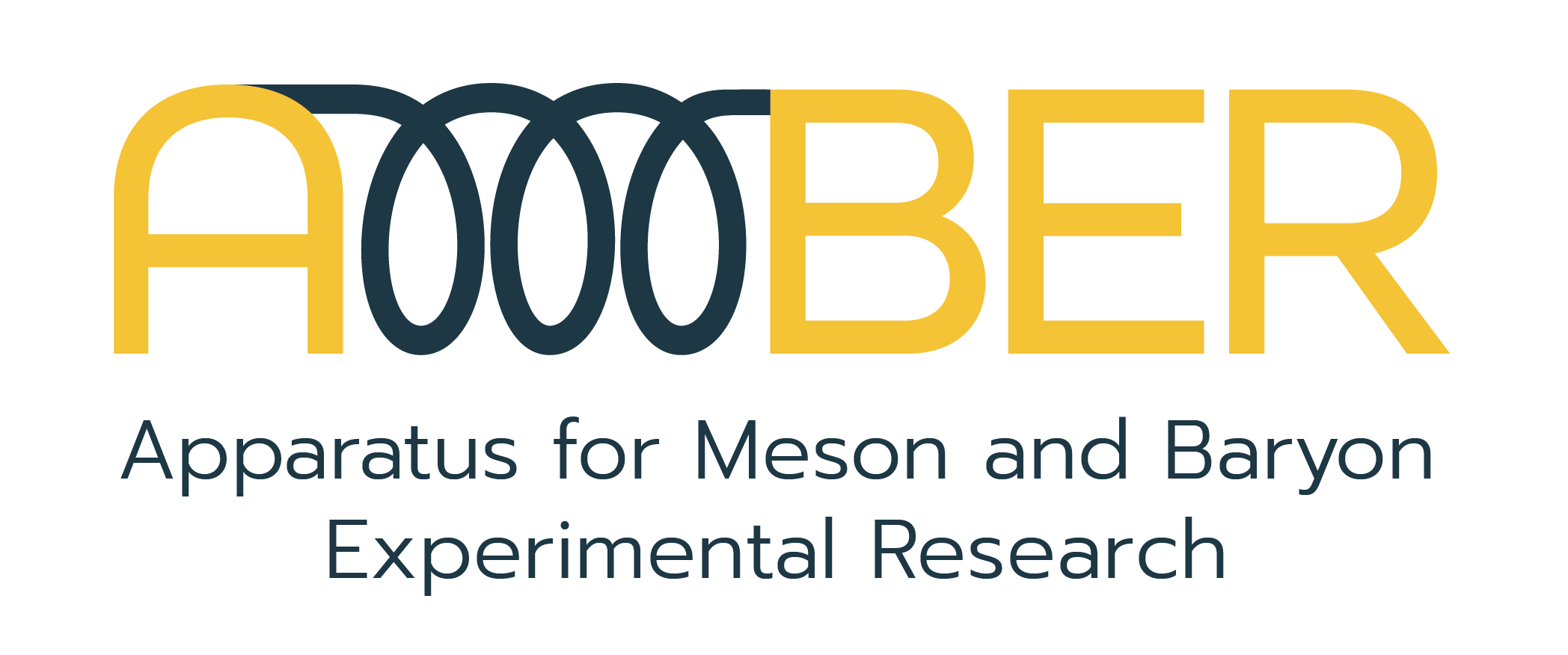Over the past four decades, measurements at the external beam lines of the CERN Super Proton Synchrotron (SPS) have received worldwide attention. The experimental results have been challenging Quantum Chromodynamics (QCD) as our theory of the strong interactions, thus serving as important input to develop improvements of the theory. As of today, these beam lines remain mostly unique and bear great potential for significant future advancements in our understanding of hadronic matter.
In the context of the Physics-beyond-colliders (PBC) initiative at CERN, the COMPASS++/AMBER (proto-) collaboration proposes to establish a "New QCD facility at the M2 beam line of the CERN SPS". Such an unrivalled installation would make the experimental hall EHN2 the site for a great variety of measurements to address fundamental issues of QCD. The proposed measurements cover a wide range in the squared four-momentum transfer Q2: from lowest values of Q2 where we plan to measure the proton charge radius by elastic muon-proton scattering, over intermediate Q2 where we plan to study the spectroscopy of mesons and baryons by using dedicated meson beams, to high Q2 where we plan to study the structure of mesons and baryons via the Drell-Yan process and eventually address the fundamental quest on the emergence of hadronic mass arxiv:1606.03909[nucl-th], arXiv:1905.05208[nucl-th].
In the Letter of Intent (LoI) arxiv:1808.00848[hep-ex] (Executive summary), we propose a number of unique first-generation experiments that are already possible using the existing M2 beam line with muons or unseparated hadrons. We also describe a number of unique second-generation experiments that rely on high-energy high-intensity radio-frequency (RF) separated hadron beams, which could be made possible by a major upgrade of the M2 beam line. Such an upgrade, which could leave the muon beam option intact, is presently under study by CERN EN-EA in the context of the PBC initiative. It would make the CERN SPS M2 beam line absolutely unique in the world for many years to come.
In the Proposal CERN-SPSC-2019-022 (Executive summary), we describe all presently available details on three unrivalled experiments to be performed in phase-1 of our project, which is expected to start in the year 2022. This includes (1) an independent precision determination of the electric mean-square charge radius of the proton, (2) Drell-Yan and J/ψ production experiments using the conventional M2 pion beam, and (3) the measurement of proton-induced antiproton production cross sections, which are expected to allow for substantially more precise interpretations of existing data on dark matter searches.
The whole project is intended to run over the next 10 to 15 years. As it continues to attract physicists world-wide, the physics scope of the facility should remain open for future exciting ideas, using either (RF-separated) hadron beams or the high-energy muon beam. Accordingly, it is foreseen to submit in due time corresponding proposal updates for more details on already proposed measurements as also on possible further measurements.
